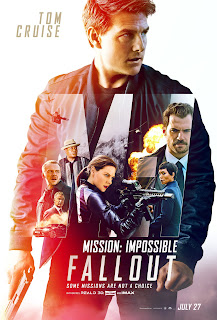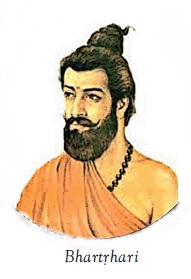Mission Impossible: Fallout (2018) [Movie Review]

Dir: Christopher McQuarrie Starring: Tom Cruise, Simon Pegg, Ving Rhames, Rebecca Ferguson, Sean Harris, Henry Cavill, Alec Baldwin, Michelle Monaghan Dur: 2 hrs 27 mins Genre: Action PG: Expected Violence. One stray and totally misplaced kiss. Rating: 9/10 This film, should you choose to watch it, is guaranteed to blow your mind. (Don’t worry, this review is not going to be destroyed in the next 5 seconds so take your time to read it.) Like all Mission Impossible films, this one has a killer beginning and ending. I had to put it out there, right at the beginning. For me, this is one of the most satisfying and enthralling film series of all time since it promises you great things and delivers the goods with a bang (literally!) Tom Cruise is getting old but despite this fact, the film does quite well to showcase him for the action star that he is sans his obvious aging. Hardly for a moment, are you given the opportunity to sit back and think abo...







